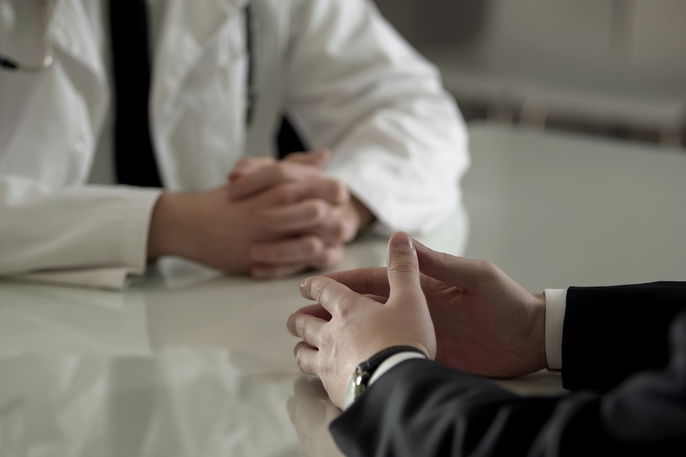Blisters on the penis are frequently caused by mild irritations such as friction, sweat, or allergic reactions to hygiene products. However, these skin lesions can sometimes indicate more serious underlying health issues, including sexually transmitted infections or chronic dermatological conditions.
Specific viral infections like genital herpes or molluscum contagiosum often present with fluid-filled bumps accompanied by itching or pain. Non-infectious causes such as pearly penile papules or lichen sclerosis may also result in visible changes to the skin texture that resemble blisters on the penis.
Treatment options vary based on the diagnosis and may include antiviral medications, removal procedures, or corticosteroid creams. A clinical evaluation by a urologist or dermatologist is required to confirm the specific cause and ensure the correct therapy is administered.

Why do I have blisters on my penis?
Blisters on the penis can be caused by:
1. Pearly penile papules
Pearly penile papules, or Tyson glands, produce a lubricant fluid that helps facilitate penetration during sex. Some men have more visible Tyson glands that look like small blisters, which is why they are called pearly penile papules.
How to treat: Penile papules are harmless and do not require any treatment. However, these glands can grow and may be cosmetically unappealing. In these cases, a urologist can recommend treatment to remove the glands. Learn more about pearly penile papules and the symptoms associated with them.
2. Genital herpes
Genital herpes is a sexually transmitted infection caused by the herpes simplex virus. It causes blisters in the genital are about 10 to 15 days after initial exposure during unprotected sex. Many people also experience burning, itching, pain and genital discomfort. Read more about symptoms of genital herpes.
How to treat: Cases of genital herpes should be assessed by a doctor and confirmed with testing. Treatment generally involves the use of antiviral medication, which can decrease virus replication rates and lead to less symptoms and a reduced risk of transmission.
Genital herpes is a sexually transmitted infection, which means it is spread through unprotected stress. It is usually transmitted through the direct contact of the herpes blister fluid from the infected person to another. One of the best ways to prevent a herpes infection is by using a condom.
3. Lichen sclerosis
Lichen sclerosis, also known as lichen sclerosis et atrophicus, is a chronic skin condition characterized by changes in the genital region. The first noticeable change is the emergence of blisters on the penis. Although this condition is more frequent in post-menopausal women, it can also occur in men.
In addition to blisters, you may also see whitish wounds, itching, local irritation, skin peeling and discoloration in the affected area. The cause of lichen sclerosis is not very well known, however it may be related to genetics and immune factors.
How to treat: Treatment of lichen sclerosis should be recommended by a dermatologist or urologist. Most times, the doctor will prescribe creams that contain corticosteroids, as well as anti-histamines, with treatment aimed at relieving any related signs or symptoms.
4. Molluscum contagiosum
Molluscum contagiosum is an infectious skin disease caused by a virus that triggers blisters on any part of the body, including the genital region. This illness is more common in children, but it can appear in adults with a weakened immune system.
How to treat: Cases of molluscum contagiosum are best treated by a dermatologist or urologist, who can increase the chance of cure by prescribing ointments, cryotherapy or laser therapy. Treatment depends on the type of illness, the presenting symptoms and past medical history of the patient.
5. Allergies
The presence of blisters on the penis can also be a sign of a skin allergy, which are usually also accompanied by itching, pain with urination, discomfort and a mild red rash. A skin allergy can be triggered by sweat, clothing, hygiene products (like body wash), lubricants or condoms.
How to treat: You are advised to identify the allergy trigger and avoid it as much as possible. You may benefit from seeing a doctor to assess your allergy symptoms, as the doctor may recommend a anti-histamine that is best suited for you.






























